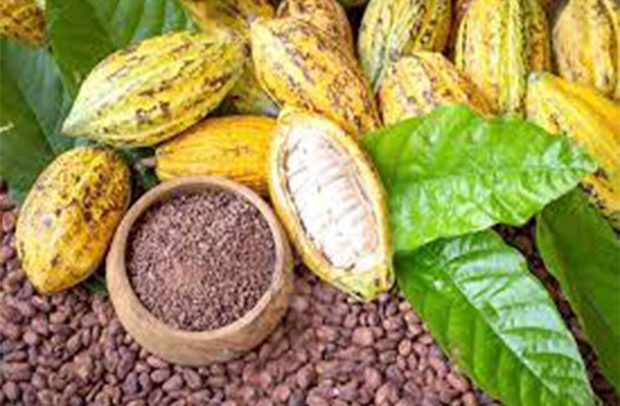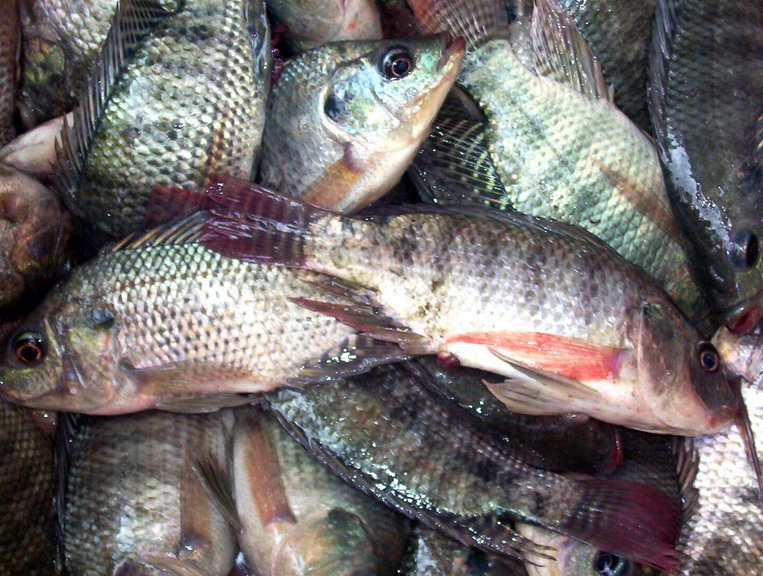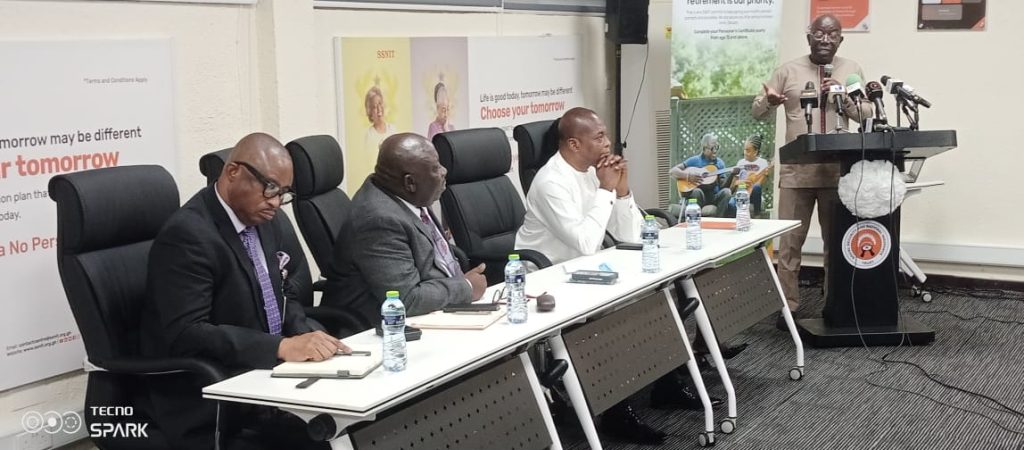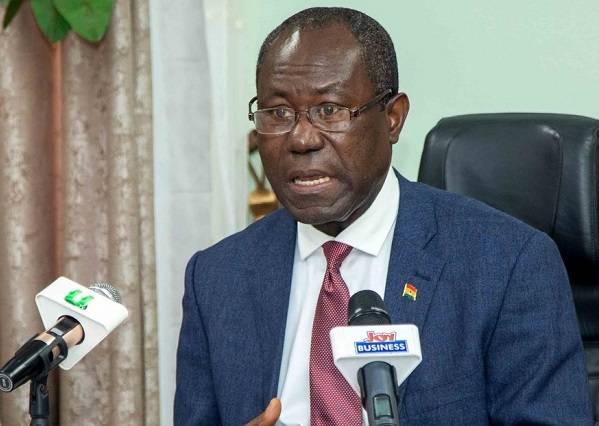
The price increase, according to Esoko could be attributed to the rising cost of fuel as well as the Bugre Dam spillage in Burkina Faso, causing floods that destroyed farms in some regions in the north.
In an interview with Citi Business News, Content Analyst at Esoko Ghana Francis Danso Adjei advised Ghanaians to brace themselves to pay more for the same quantity of foodstuff soon.
“From our initial assessment we don’t see prices coming down. If anything at all we see prices of food going up between 5 to 10 percent by end of the year, “he said.
Meanwhile, the General Agriculture Workers Union(GAWU) has also expressed similar stance due to the level of damage caused to farms in the north of the country.
Speaking to Citi Business News on the issue the General Secretary of GAWU, Edward Kareweh said “generally there has been an increase in food prices as compared to 2017”.
“There is nothing to show that the prices will come down by the end of the year. What we can say is that prices will go up because if you look at the combined effect of fuel price increases which will lead to increase in transportation to the hinterlands to convey food to the urban centers or market centers, if you look at the effect of the recent flood that occurred in the North as a result of the spillage of the Bagre dam from Burkina Faso and the heavy rainfall, you will just have to conclude, and reasonably so that no one should expect prices to come down and we should expect increase in food prices in the coming period,” Mr. Kareweh argued.
He stated that it is important to put in measures to cushion consumers, particularly the poor in society.
Providing some recommendation, Mr. Kareweh maintained that it is important to develop a system that will help in the storage of food to prevent price hike anytime there is a shortage in supply. Read Full Story

















Facebook
Twitter
Pinterest
Instagram
Google+
YouTube
LinkedIn
RSS